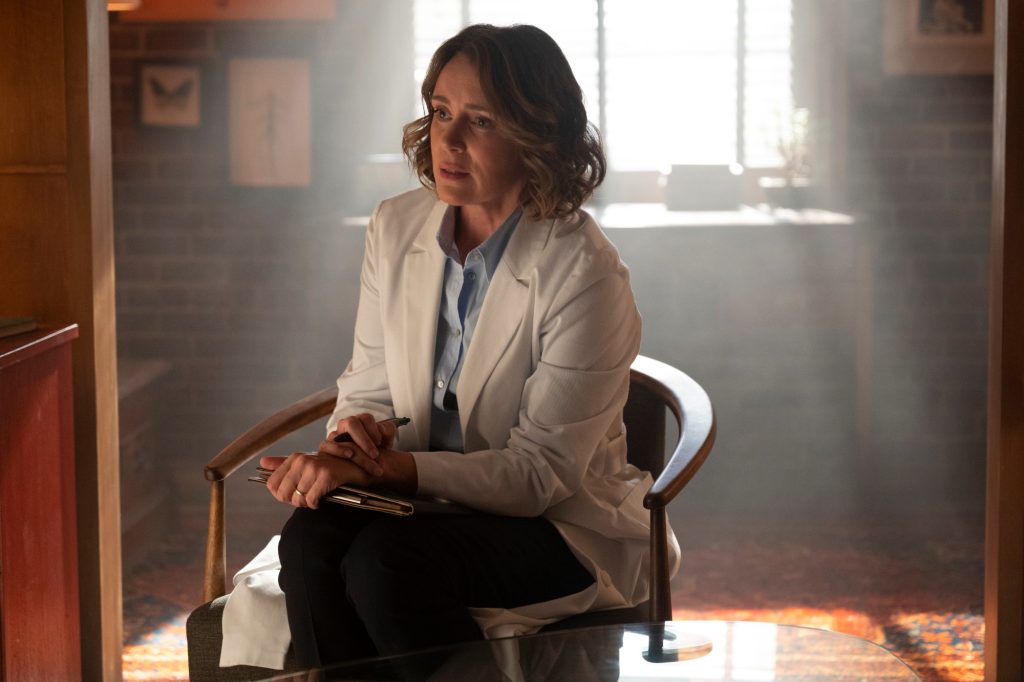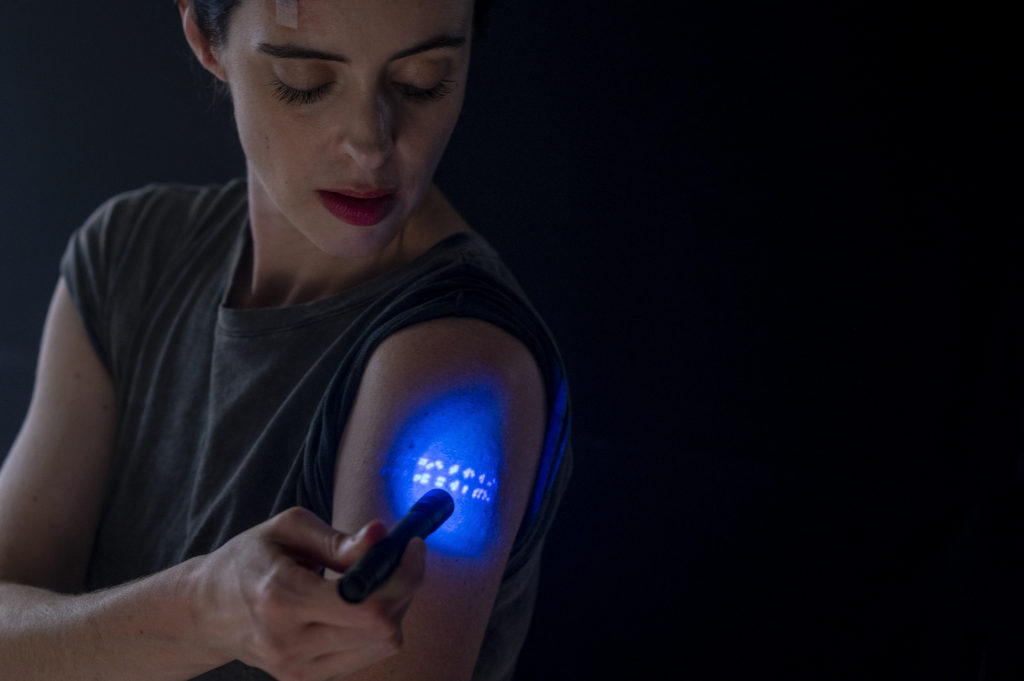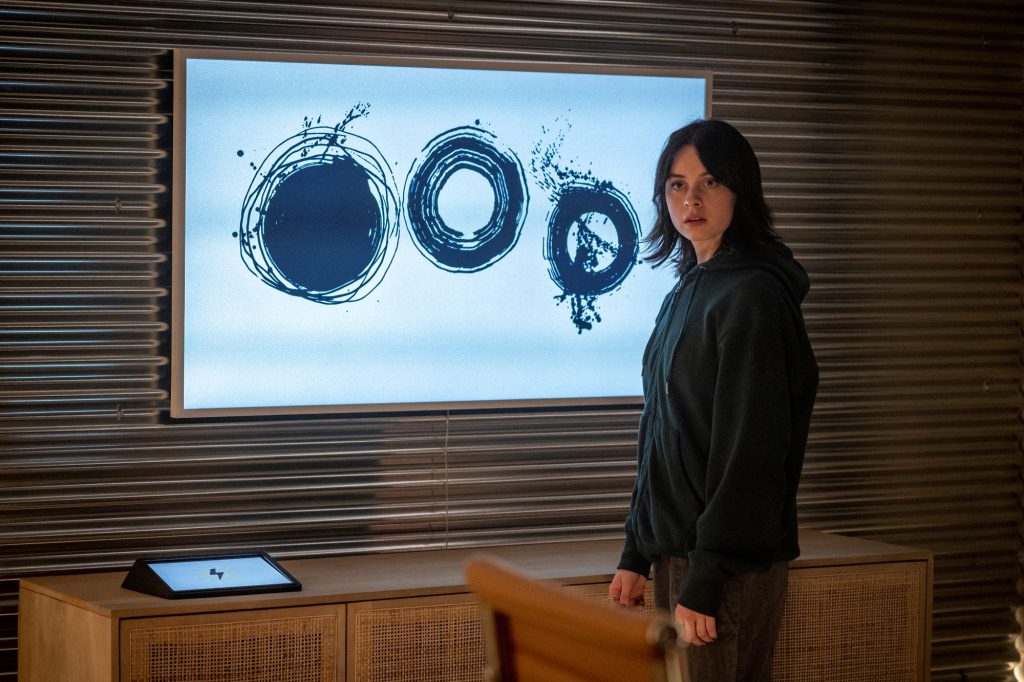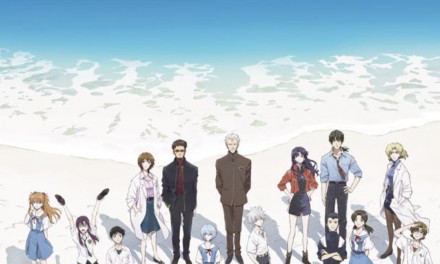Clone Club officially reconvenes this month with the premiere of Orphan Black: Echoes. Like its predecessor, the sci-fi series takes a deep dive into the exploration of the scientific manipulation of human existence.
The series stars Krysten Ritter, Keeley Hawes, and Amanda Fix, with Avan Jogia, Rya Kihlstedt, and James Hiroyuki Liao. Anna Fishko serves as showrunner and EP, with Orphan Black co-creator John Fawcett also serving as EP and director.
First things first: Orphan Black: Echoes isn’t a remake. It’s an entirely new series, which while hitting on similar themes and existing in the same universe as Orphan Black, forges its own unique storyline. This feels like the right choice. Because let’s face it — no one is ever going to be Tatiana Maslany playing a dozen different clones (sometimes playing one another) again. I’m glad Orphan Black: Echoes didn’t try to recycle this premise, and instead created a related, but distinctly different, path of its own.
As I’m keeping things spoiler-free here, I can’t dive too much into the intricacies of the cloning plot in Orphan Black: Echoes. What I can say is that I enjoyed how the series brought in modern scientific practices, questions, and concerns to shape the trajectory of the story. Echoes references some of our biggest ongoing health concerns, from cancer to Alzheimer’s, and hits on a range of buzzy topics from 3D printing to philanthropist billionaires to inadequate healthcare systems. And of course, everything is tied up in the central question of whether or not the ends justify the means when it comes to scientific progress. Is intentional harm or immoral action acceptable if it means saving lives down the road?

Echoes maintains several connections to the original Orphan Black. These connections range on a spectrum from “pretty compelling” to “pretty shoehorned in”. Still, they’re a nice nod to OG fans that don’t drag on so long they detract from the plot or alienate new viewers. It’s always hard to strike a balance between embracing the IP and creating something new, but I think Echoes does it reasonably well.
While Orphan Black was a sci-fi thriller, Echoes is more of a sci-fi mystery. There’s some good tension here, and enough drama to keep you intrigued episode-to-episode, although I’ll admit I miss the more intense pace of the original series. However, I liked the way this series played around with truth and reality to keep you on your toes.

As for our new characters, Echoes continues the Orphan Black tradition of championing women-led sci-fi. The variety of personalities, ages, and backgrounds in the show’s leads helped created a compelling dynamic for this first season. Ritter, Hawes, and Fix all deliver strong performances, and the show develops their interactions and relationships with one another well as the series progresses.
Hawes’ scientist character in particular is given a strong emotional arc that ties neatly into the mystery plot. She’s invested in her work for a number of reasons, and that ultimately entangles her both moral dilemmas and scientific battles. The series is a little less successful in developing the emotional arc for Ritter’s Lucy; much of it hangs on a couple characters who sort of disappear for a bit in the middle of the season.

Overall, while Echoes doesn’t surpass the original Orphan Black, it’s an inventive new take on the sci-fi and moral concepts that shaped the first series’ universe. Though sometimes lacking in the depth and intensity I wanted to see, it was still a compelling sci-fi mystery that kept me excited to hit play on a new episode. Whether you’re one of the founding members of Clone Club or just joining now, Orphan Black: Echoes is worth a watch.
Orphan Black: Echoes premieres Sunday, June 23 at 10pm ET/PT on AMC and BBC America. It will also stream on AMC+. Afterwards, new episodes will debut weekly on Sundays.

![‘Orphan Black: Echoes’ Creates A Compelling New Sci-fi Mystery [Spoiler-Free Review]](https://thathashtagshow.com/wp-content/uploads/2024/06/Orphan-Black-Echoes-review-1280x640.png)


![The Girls on the Bus Gets Release Date from Max! [FIRST LOOK]](https://thathashtagshow.com/wp-content/uploads/2024/02/melissa-benoist-440x264.jpg)

